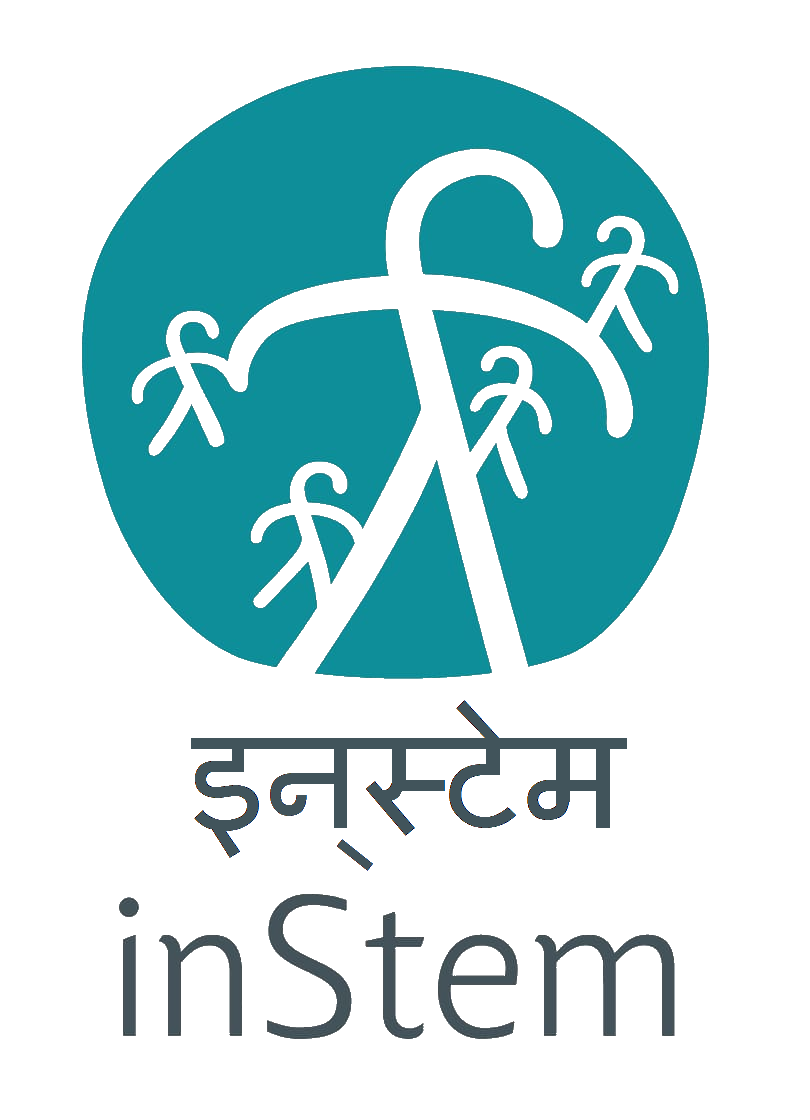Structure of a heterogeneous, glycosylated, lipid-bound, ıt in vivo-grown protein crystal at atomic resolution from the viviparous cockroach ıt Diploptera punctata
| Title | Structure of a heterogeneous, glycosylated, lipid-bound, ıt in vivo-grown protein crystal at atomic resolution from the viviparous cockroach ıt Diploptera punctata |
| Publication Type | Journal Article |
| Year of Publication | 2016 |
| Authors | Banerjee S, Coussens NP, Gallat F-X, Sathyanarayanan N, Srikanth J, Yagi KJ, Gray JSS, Tobe SS, Stay B, Chavas LMG, Ramaswamy S |
| Journal | IUCrJ |
| Volume | 3 |
| Pagination | 282–293 |
| Date Published | Jul |
| Keywords | glycosylation, protein heterogeneity, sulfur-SAD, viviparity in cockroach |
| Abstract | Macromolecular crystals for X-ray diffraction studies are typically grown ıt in vitro} from pure and homogeneous samples; however, there are examples of protein crystals that have been identified ıt in vivo}. Recent developments in micro-crystallography techniques and the advent of X-ray free-electron lasers have allowed the determination of several protein structures from crystals grown ıt in cellulo}. Here, an atomic resolution (1.2{\AA}) crystal structure is reported of heterogeneous milk proteins grown inside a living organism in their functional niche. These ıt in vivo}-grown crystals were isolated from the midgut of an embryo within the only known viviparous cockroach, ıt Diploptera punctata}. The milk proteins crystallized in space group ıt P}1, and a structure was determined by anomalous dispersion from the native S atoms. The data revealed glycosylated proteins that adopt a lipocalin fold, bind lipids and organize to form a tightly packed crystalline lattice. A single crystal is estimated to contain more than three times the energy of an equivalent mass of dairy milk. This unique storage form of nourishment for developing embryos allows access to a constant supply of complete nutrients. Notably, the crystalline cockroach-milk proteins are highly heterogeneous with respect to amino-acid sequence, glycosylation and bound fatty-acid composition. These data present a unique example of protein heterogeneity within a single ıt in vivo}-grown crystal of a natural protein in its native environment at atomic resolution. |
| URL | http://dx.doi.org/10.1107/S2052252516008903 |
| DOI | 10.1107/S2052252516008903 |


